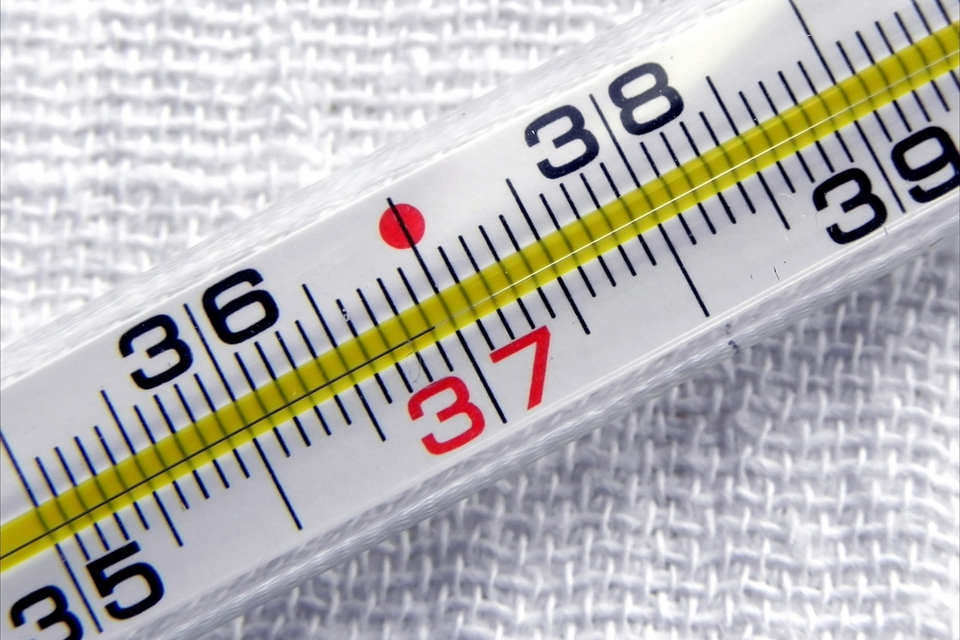A new study suggests that the average body temperature has declined over the last century.
In 1851, German physician, Carl Reinhold August Wunderlich noted that the standard human body temperature is 37° C. Since then, that figure has served a widely accepted benchmark in several areas.
For example, physicians use the average body temperature of 37° C to know if someone is sick or healthy.
But, it turns out that the generally accepted fact may not be correct after all. According to a team of scientists from Stanford University School of Medicine, humans have been getting cooler over the past two centuries.
Here’s how they made the discovery.
Identifying the Body Temperature Trends
Recent studies suggest that the temperature records of people usually run lower than the accepted norm.
So, a Stanford professor of medicine, Julie Parsonnet, and her team performed in-depth research to explore the reason. They compared the modern measurements using a dataset from historical periods.
The historical records were from Union Army veterans of the American Civil War from 1862 to 1930 and the US National Health and Nutrition Examination Survey between 1971 and 1975. The researchers also used data from adult patients that visited Stanford Health Care from 2007 to 2017.
Findings from the study revealed that the average human body temperature has fallen by 0.3° C per decade.
The average body temperature of men in the 21st century is 0.6° C lower than those born in the early 19th century. Meanwhile, modern women showed an average decrease of 0.3° C compared to those born in the 1980s.
So, what’s responsible for the drop in average body temperature?
Why the Average Body Temperature Is On a Decline
The researchers suggested that our changing environment may be to blame.
Parsonnet, who is also a professor of health research and policy at Stanford noted:
“The environment that we’re living in has changed, including the temperature in our homes, our contact with microorganisms, and the food that we have access to.”
According to the researchers, improvements in public health over the last 200 years have reduced inflammation, which in turn boosts metabolism. Besides, people now live a more comfortable life in a more stable environment.
That means, the body no longer needs to work as hard to remain warm. And this leads to a drop in average body temperature.
“All these things mean that although we think of human beings as if we’re monomorphic and have been the same for all of human evolution, we’re not the same, Parsonnet says.
“We’re actually changing physiologically.”



















Comments (0)
Most Recent